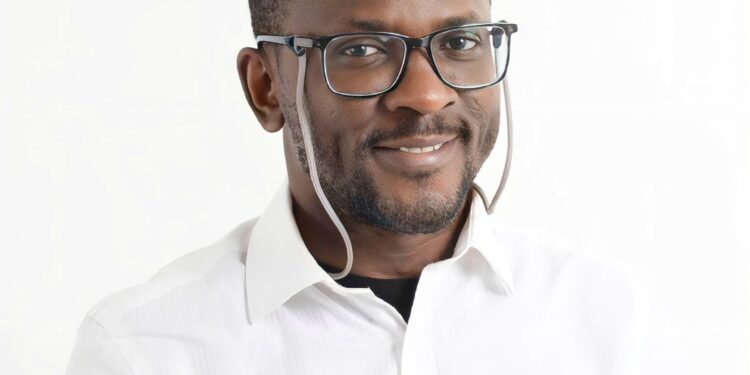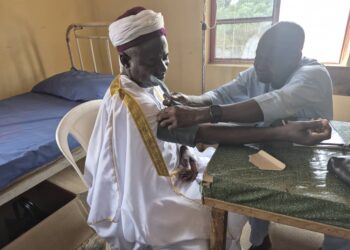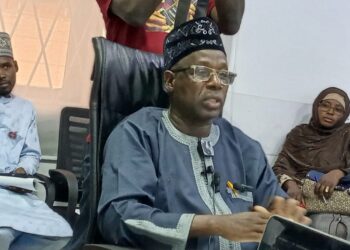By Stephen Adeleye
A UK-based physician and academic originally from Nigeria is earning international attention for a breakthrough in psychological science that could reshape how emotional resilience is understood and supported.
Dr. Kennedy Oberhiri Obohwemu, a medical doctor and university lecturer, has introduced the Self-Comforting and Coping Scale (SCCS)—a pioneering psychometric tool created to assess how individuals manage emotional distress through self-soothing behaviours.
Alongside this development, he has proposed a novel psychological model called the Self-Comforting and Coping Theory (SCCT), which highlights the role these behaviours play in fostering mental wellbeing.
In a recent interview, Dr. Obohwemu explained that self-comforting is a critical yet underrepresented component of mental health discourse.
“We’re not simply launching a new tool.
“With the SCCS and SCCT, we’re offering a fresh perspective on what emotional resilience truly looks like and how it should be supported,” he said.
The SCCS identifies and measures 13 distinct self-soothing behaviours, such as mindfulness, cognitive reframing, positive self-talk, and emotional release.
Unlike traditional coping scales that provide broad overviews, the SCCS is specifically designed to examine how individuals respond in real time to psychological discomfort.
While tools like the Brief COPE and the Self-Compassion Scale have served clinicians and researchers for years, Dr. Obohwemu’s work brings new depth by honing in on the subtle, personal strategies people use to calm themselves.
These everyday acts of self-support, he argues, deserve greater recognition and scientific attention.
The scale has undergone rigorous development and testing and was recently published in the Global Journal of Humanities and Social Sciences.
It is currently undergoing further evaluation through international research trials.
Dr. Obohwemu envisions a wide range of uses for the SCCS, extending far beyond mental health services.
“This is a resource for educators, workplace leaders, and policymakers as well.
“By understanding how people self-soothe, we can design more supportive environments—in classrooms, offices, and across communities,” he said.
Experts suggest the SCCS could help identify both adaptive and maladaptive self-comforting strategies, enabling earlier and more personalized mental health interventions.
This could be particularly valuable for individuals at risk of stress-related conditions who may not yet exhibit clear symptoms.
Future research will explore how the SCCS functions across different cultural and demographic contexts.
The project is currently registered under the ISRCTN Registry (ISRCTN12254719), and cross-cultural validation is a key focus moving forward.
“Coping is deeply personal—and just as deeply shaped by culture,”
Dr. Obohwemu noted : “We want this tool to reflect the rich diversity of human experience, so that it has global relevance and practical impact.”
As a lecturer in public health, psychology, and social care, Dr. Obohwemu continues to inspire the next generation of health professionals while pushing the boundaries of mental health research through innovation and inclusivity. (vitalnewsngr.com)






















